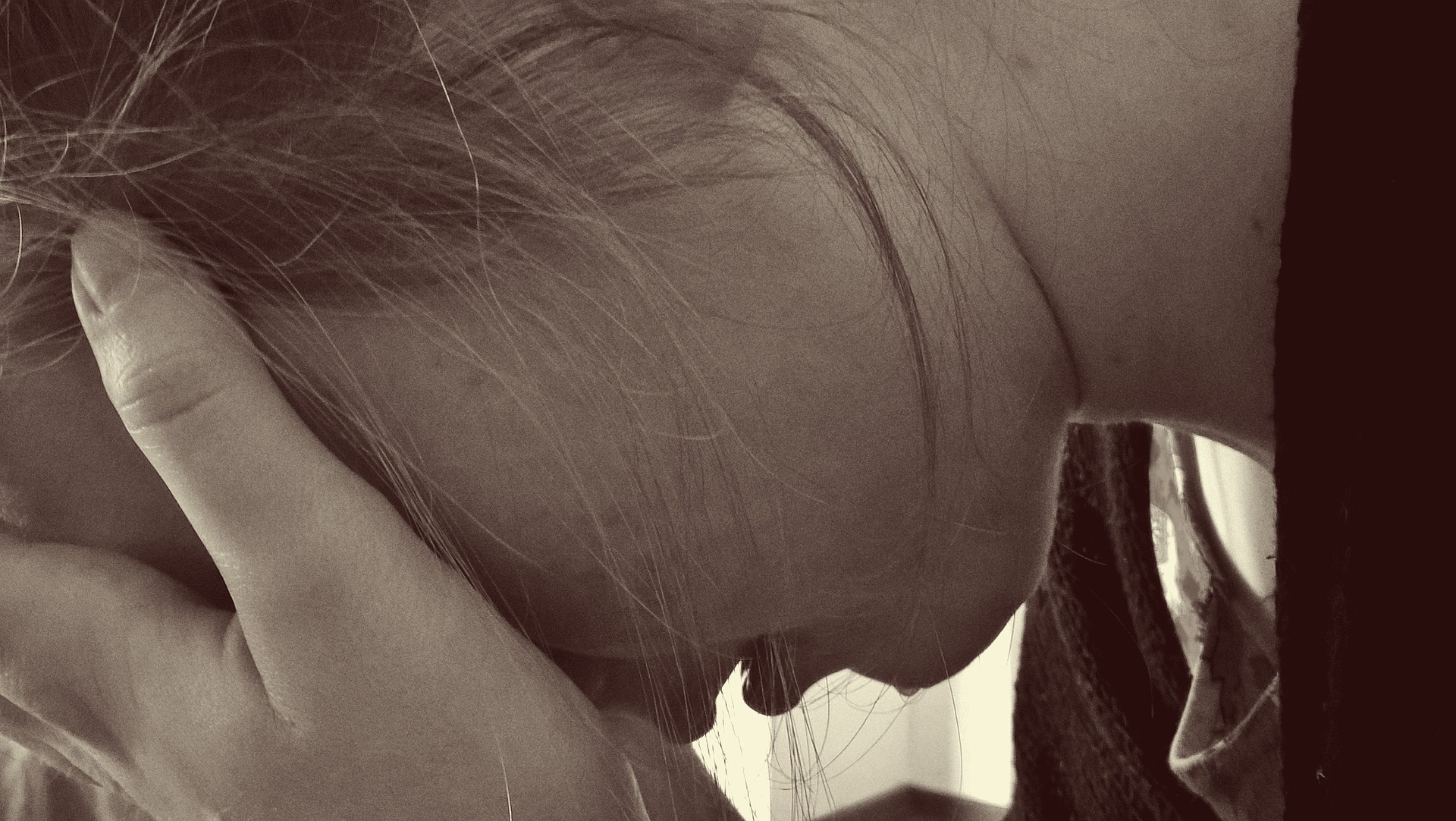
Luto(s)
absence … missing … loss … longing … pain … powerlessness … anger. These are just some of the words found in any dictionary, but in our emotional dictionaries they can trigger powerful and painful feelings.
Why does absence hurt? It hurts essentially because we are faced with a hard truth, i.e. the person we valued so much is no longer part of our lives. It only exists in our memories. When we come face to face with reality, that person is no longer there (sometimes never again), and this absence creates an overwhelming void. Yet, our memories are brimming with emotions (“I am ok, as long as no one brings this subject up”), forcing us to remember all the time, and it is indeed a strange feeling because it seems that what was lost still exists, or at least we would like it to be that way … “this can’t be true”; “It seems like I’m stuck in a dream or trapped in a bad movie.” What once existed outside of us is no longer there and has taken a life of its own inside of us.
“Throughout the process of grieving, people are required to free themselves and abandon their old mental and emotional schemes and come face to face with reality: that which has been lost may well be lost forever.”
Grieving is a normal process; it is normal to suffer when you are grieving and everyone at some point experiences grief and loss. A person does not have to die to induce this sense of grieving in us. This person may simply have ceased to be a part of our lives (for example in the event of a divorce), they may have abandoned us (sometimes when someone dies, we feel abandoned), they may have disappointed us or ceased to value us as they did before. In addition to this, we may be faced with severe health problems, loose our independence, or that job that meant so much to us. Most times these losses make us feel angry, inhibit ourselves, and emotionally prevent us from doing things that were natural for us or simply prevent us from being our old selves. This is why inhibition and lack of interest are the main signs of grieving.
When we lose something or someone, we feel threatened, because we tend to feel that the damage is irreparable, it almost feels like an amputation (“my life will no longer be the same”). It takes time to accept this loss and each one of us needs a certain amount of time and space. The reaction to the losses (grieving) we suffered is therefore dependent on a set of complex factors and processes.
Depression and grief are not synonymous, although they seem similar. It turns out that people often think they are depressed, when in fact they are grieving. Perhaps one of the big differences is that a depressed person may not know (rationally or emotionally) why they are depressed or cannot even acknowledge the fact that they are depressed. On the other hand, the person who is grieving usually knows why they are grieving. “I felt that way after the death of a relative …”; “I started feeling this way after I lost that job …”; “I was so disappointed with that person that I ceased to be who I was.” These clues normally show that the person is grieving and not depressed.
Why does loss hurt so much? It hurts because loss involves coming face to face with unpleasant feedings. But more important than the loss itself is the extent to which what we lost represented to us … in this sense, the realization of grief always entails an understanding of the meaning of loss. To arrive at a state of complete acceptance of loss takes time, but time itself does not heal everything, the process of healing is associated with what is done over time.
Throughout the process of grieving, people are required to free themselves and abandon their old mental and emotional schemes and come face to face with reality: that which has been lost may well be lost forever. Gradually, this process of acceptance helps people detach themselves from previously created emotional bonds, thus allowing them to redirect their energies towards new people or experiences.
Each one of us needs their own time and their own “share” of pain (although some will behave as if it does not hurt). That is why grieving is an individual and unique process, it takes different shapes and takes its own time (it is unfair to expect others to suffer the same way we would). Time is indeed a dimension that is compromised when the person is grieving, “it seems as if I have been feeling like this for years”, “I cannot even remember what I was like before this happened.”
It is fundamental to respect those in mourning, allowing them to suffer the pain they need to suffer, at their own pace, without rushing it but also without hesitation, always with the notion that when something or someone important is lost, we also loose a piece of ourselves. In the words of the poet Teixeira de Pascoaes:
“Take this teardrop laying on the floor,
Abandoned … and look at it earnestly,
For with it goes part of a life … ”
Rolando Andrade
Clinical Psychologist
Psychotherapist
Sport Psychologist
O.P.P 4365


